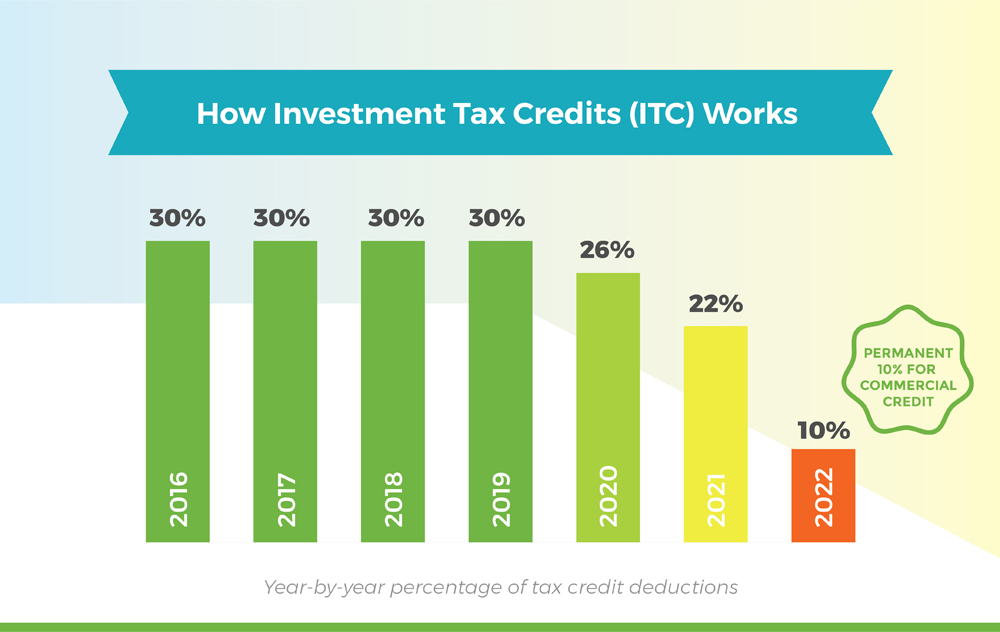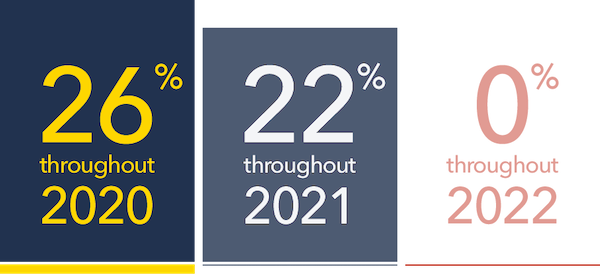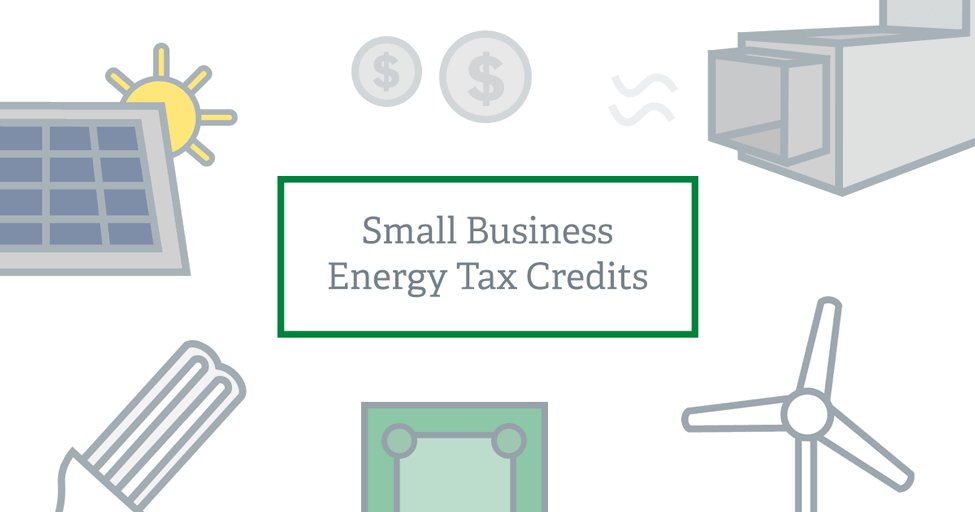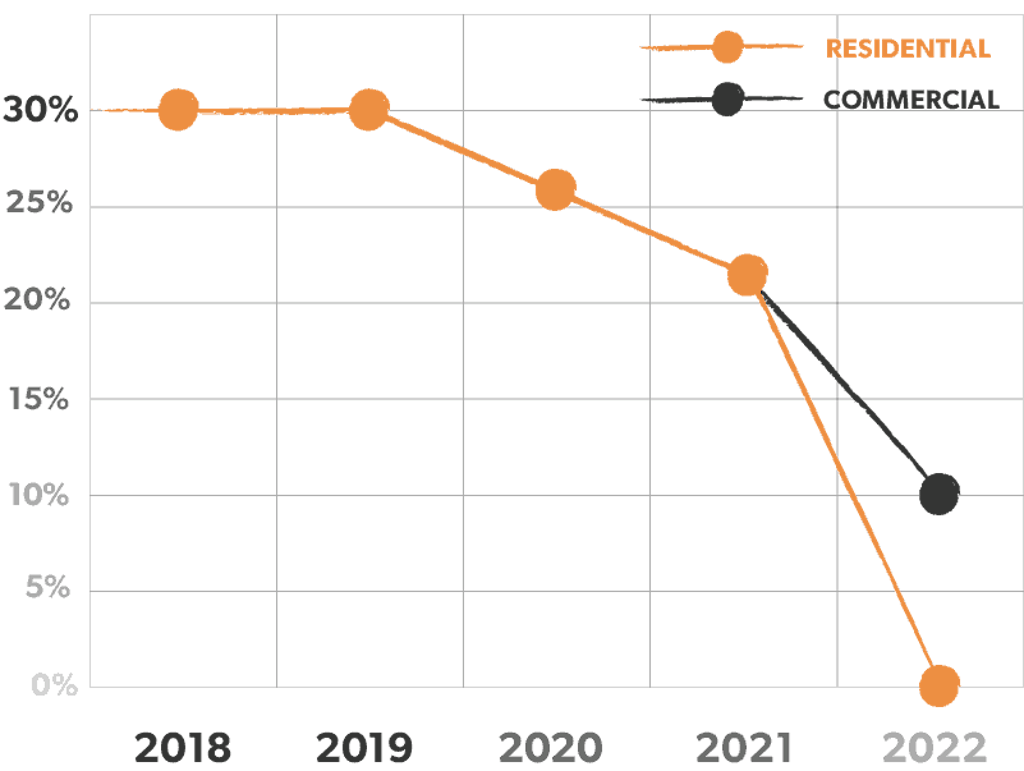All electric and plug in hybrid cars purchased new in or after 2010 may be eligible for a federal income tax credit of up to 7 500.
Federal tax credits for energy efficiency 2018.
Advanced main air circulating fan.
Must be an existing home your principal residence.
Claim the credits by filing form 5695 with your tax return.
Use these revised instructions with the 2018 form 5695 rev.
The tax credit for builders of energy efficient homes and tax deductions for energy efficient commercial buildings have also been retroactively extended through december 31 2020.
Here s what you need to know when filing for tax years 2019 2020 and 2021.
December 31 2020 details.
Taxpayers who upgrade their homes to make use of renewable energy may be eligible for a tax credit to offset some of the costs.
Federal tax credits for new all electric and plug in hybrid vehicles federal tax credit up to 7 500.
Through the 2020 tax year the federal government offers the nonbusiness energy property credit.
These instructions like the 2018 form 5695 rev.
Use form 5695 to figure and take your nonbusiness energy property credit and residential energy efficient property credit.
Tax credits for residential energy efficiency have now been extended retroactively through december 31 2020.
10 of cost up to 500 or a specific amount from 50 300.
Irs tax tip 2017 21 february 28 2017 taxpayers who made certain energy efficient improvements to their home last year may qualify for a tax credit this year.
The renewable energy tax credits are good through 2019 and then are reduced each year through the end of 2021.
February 2020 have been revised to reflect the extension of the nonbusiness energy property credit to 2018 by the taxpayer certainty and disaster tax relief act of 2019.
The non business energy property tax credits have been retroactively extended from 12 31 2017 through 12 31 2020.
Equipment tax credits for primary residences.
Information about form 5695 residential energy credits including recent updates related forms and instructions on how to file.
Heating ventilating air conditioning hvac as much as half of the energy used in your home goes to heating and cooling.
The residential energy credits are.
Here are some key facts to know about home energy tax credits.
In 2018 and 2019 an individual may claim a credit for 1 10 percent of the cost of qualified energy efficiency improvements and 2 the amount of the residential energy property expenditures paid or incurred by the taxpayer during the taxable year subject to the overall credit limit of 500.
Homeowners who made energy efficient improvements to their home can qualify for a federal tax credit but you must meet certain rules.




























